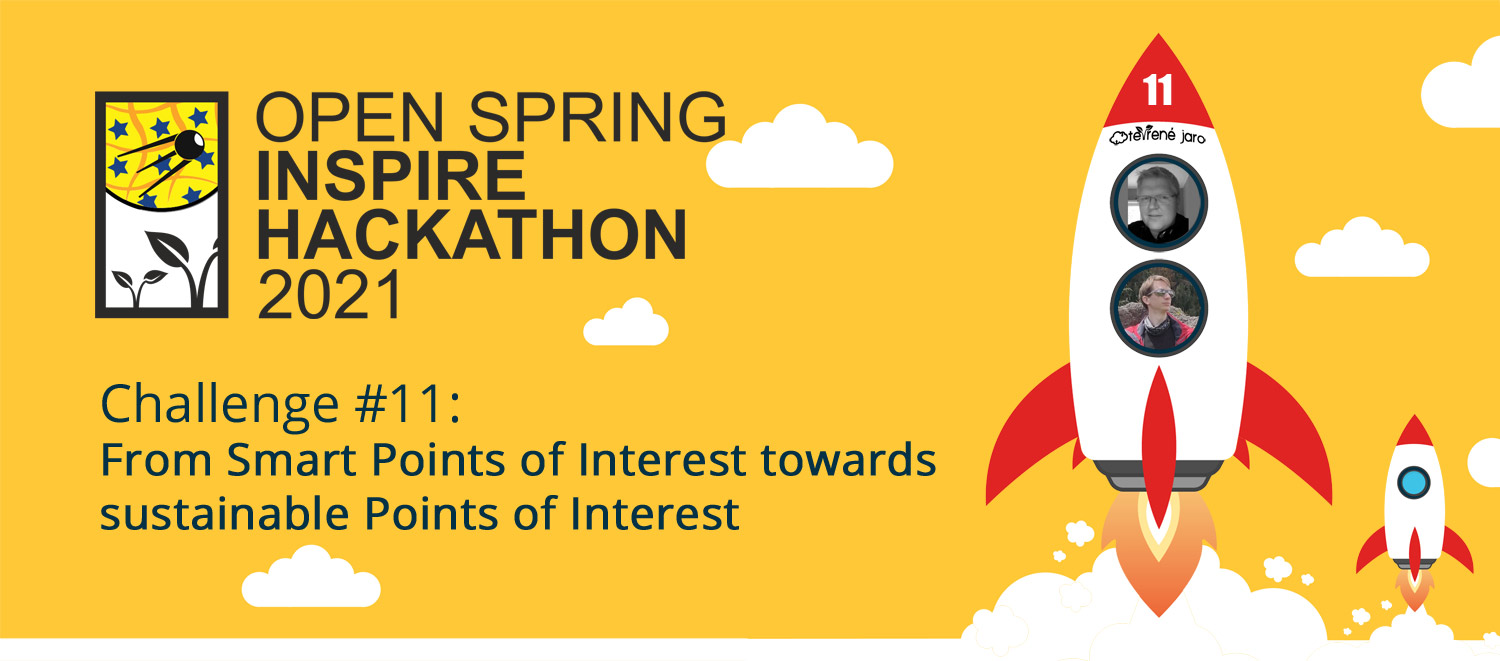Smart Points of Interest (SPOI) is a project and a database of semantic data about points of interest with a world-wide coverage.
At present, SPOI is a global database with 30 million points of interest from 201 countries including many dependent territories and Antarctica. This database was created some years ago and is updated only partially and occasionally since then. The coverage varies across the globe and is largely comparable to OpenStreetMap. OSM was used as a primary source of the data, but this was extended by many more data sources, mostly local or regional. In order to become a reliable source of information it must be kept up-to-date and elementary quality assurance must be made. This is further stressed by the ongoing pandemic, which emphasizes the update lag of the database.
SPOI is available via a publicly accessible SPARQL endpoint, including geography query extensions.
This challenge is divided into two sub-challenges:
- To create a robust, easily maintainable pipeline for OSM to SPOI transformation.
- Primary goal of this task is to revise the current state of transformation of OSM data into SPOI and to propose a better pipeline, which would allow for easier maintenance and more frequent updates.
- New and user friendly visualisation will be designed and implemented
- We will investigate possible integration with other data sets, mainly with Open Land Use (cf. challenge #1 “How to use and improve OLU 2.0.0”) and climatic data (cf. challenge #8 “AgroInfo Application”)
- We are looking at possibilities of usage of this data for scenario buildings. We would like tested AI tools for analysis
- team members requirements: programmers, semantic data experts, open data enthusiasts, OSM experts, experts on UI & UX, AI experts
- To identify sustainability options and propose one or more business models to ensure the continuation and optimal added value from SPOI.
- Elaborate the value-proposition of SPOI
- Identify and elaborate existing business cases where SPOI can add value in terms of quality, efficiency or costs
- Propose new business cases where SPOI can form part to be explored later
- Identify required partners modes of operation (who will provide what, for whom and at what cost/conditions)
- Take as a starting point the following sectors
- Tourism
- Regional and local government (policy making, spatial planning, regional development)
- Real estate
- Insurance
***The registration for the challenges is open! If you are interested, do not hesitate to register for the hackathon HERE***
Mentors for this challenge are:
 Jan Macura – Jan is a GIS specialist, cartography enthusiast, OSM & Wikimedia volunteer, teacher and JavaScript/TypeScript developer. His responsibilities in WIRELESSINFO include collaboration on the HSLayers-NG mapping library, management of the SPOI project and development of various web map applications.
Jan Macura – Jan is a GIS specialist, cartography enthusiast, OSM & Wikimedia volunteer, teacher and JavaScript/TypeScript developer. His responsibilities in WIRELESSINFO include collaboration on the HSLayers-NG mapping library, management of the SPOI project and development of various web map applications.
 (Stein) Runar Bergheim — Runar manages research and development at Asplan Viak Digital services. Asplan Viak is one of the leading consultancy houses in Norway. During the span of his career, Mr Bergheim has undertaken more than two hundred projects in more than twenty countries. His key areas of expertise are design, supervision and management of information technology projects with four professional focal points: planning, land management, cultural heritage and e-learning.
(Stein) Runar Bergheim — Runar manages research and development at Asplan Viak Digital services. Asplan Viak is one of the leading consultancy houses in Norway. During the span of his career, Mr Bergheim has undertaken more than two hundred projects in more than twenty countries. His key areas of expertise are design, supervision and management of information technology projects with four professional focal points: planning, land management, cultural heritage and e-learning.

